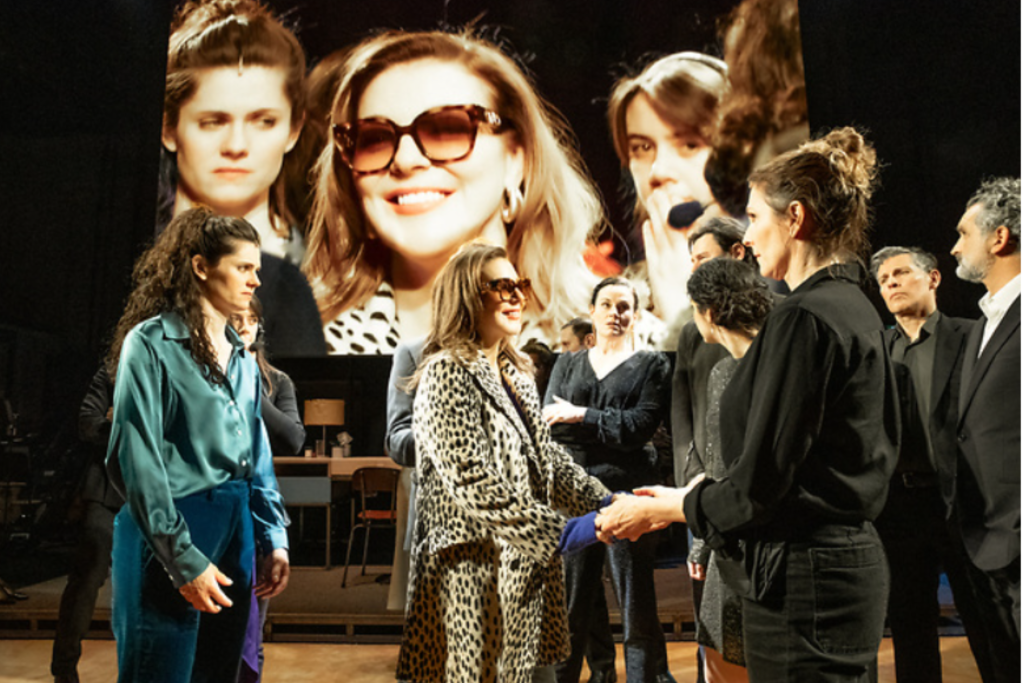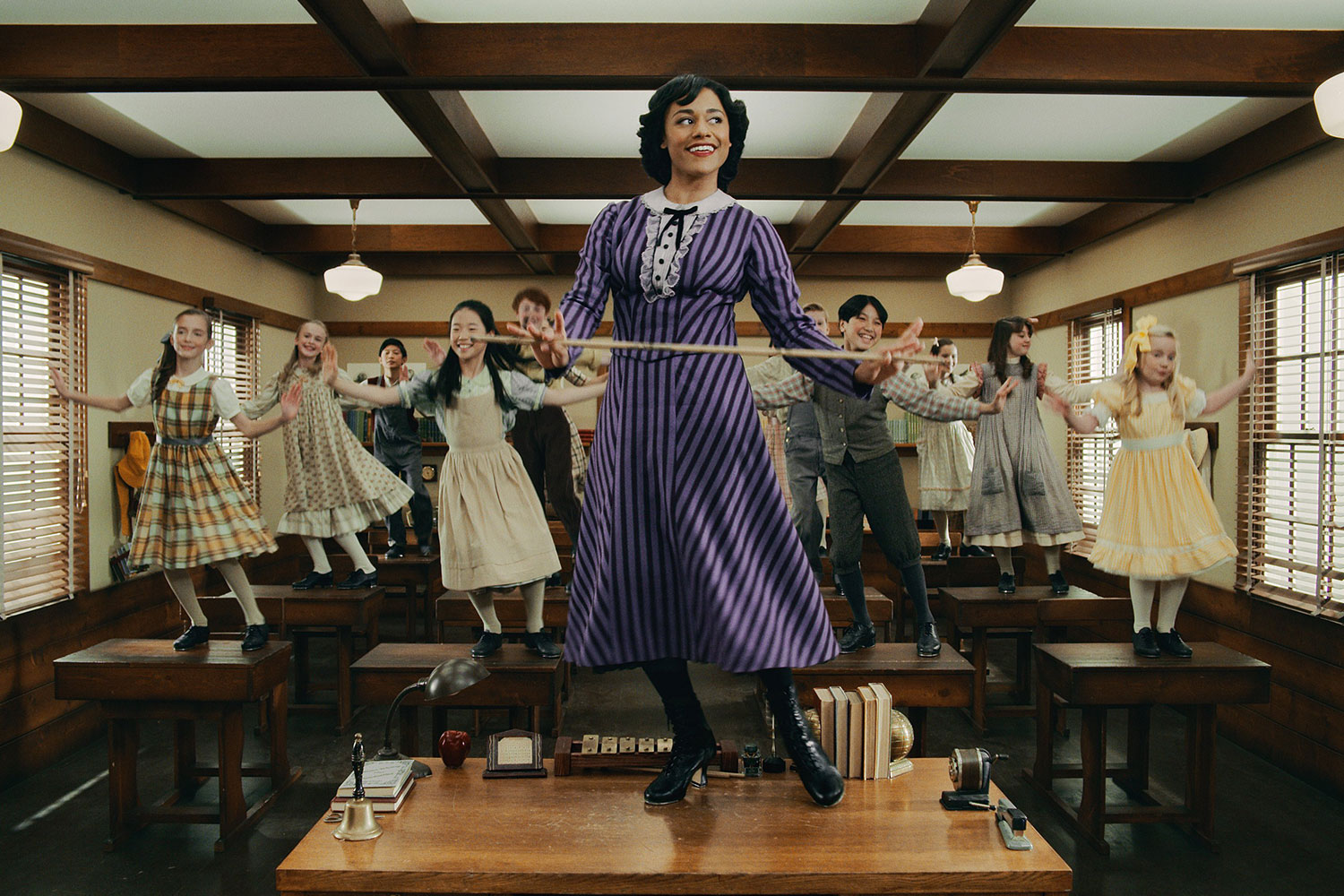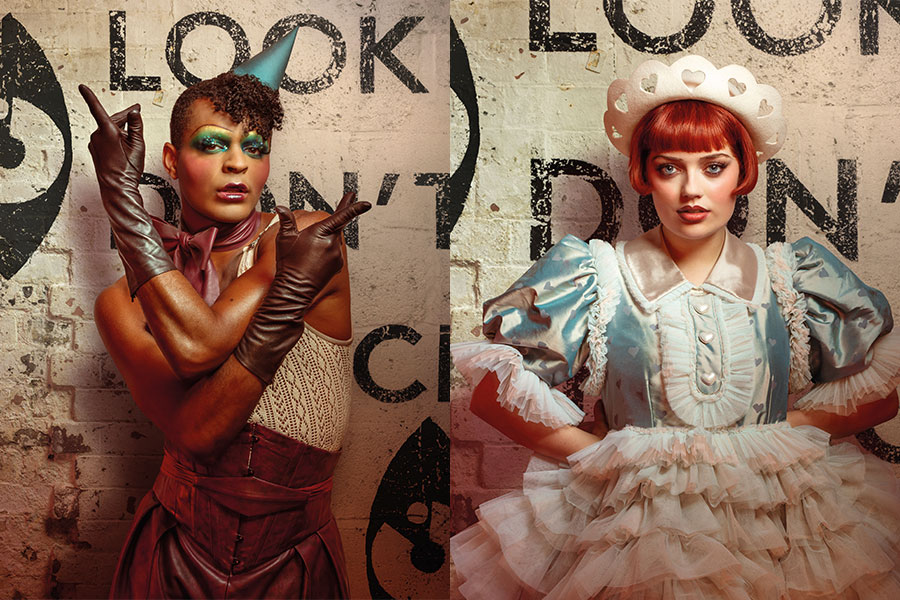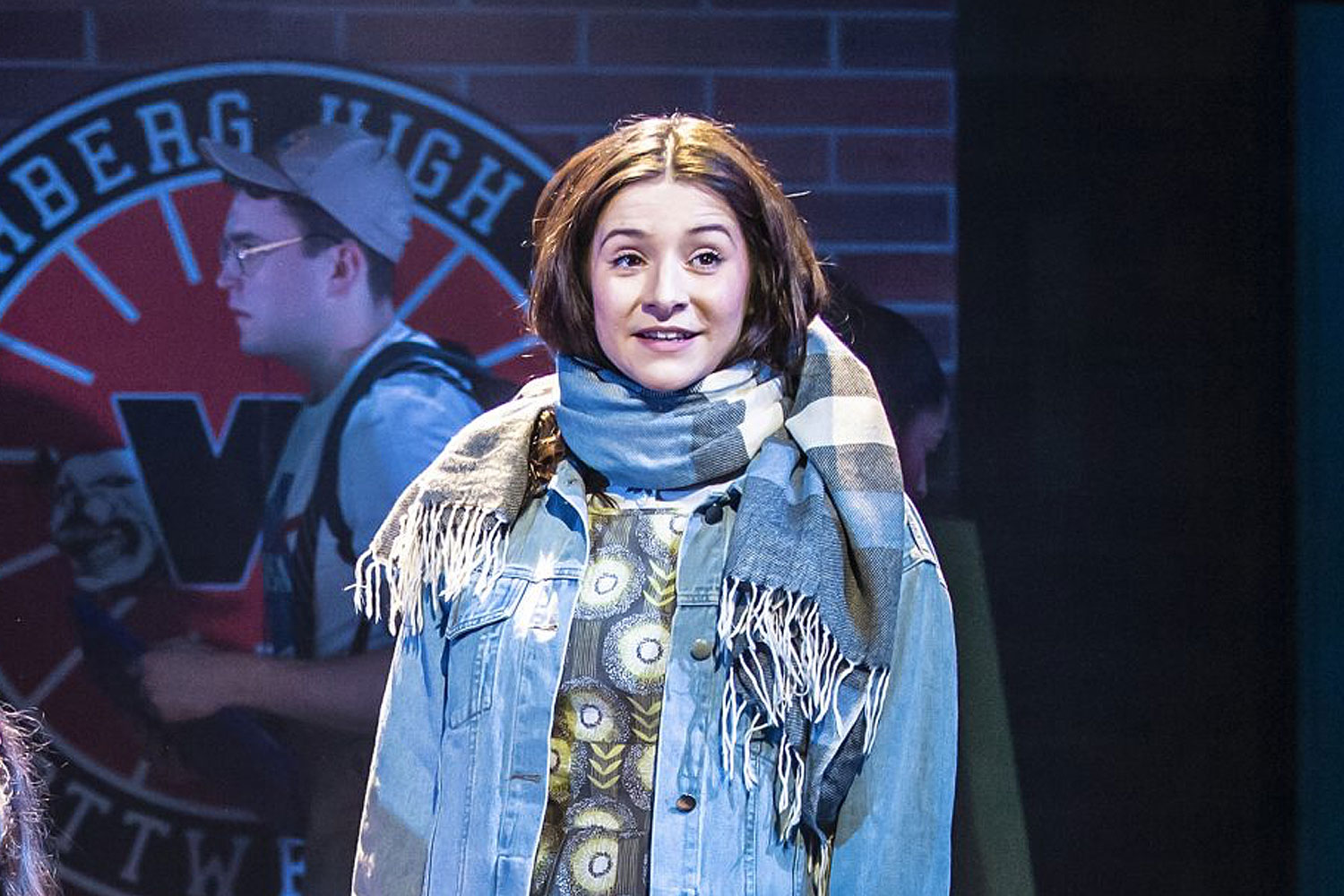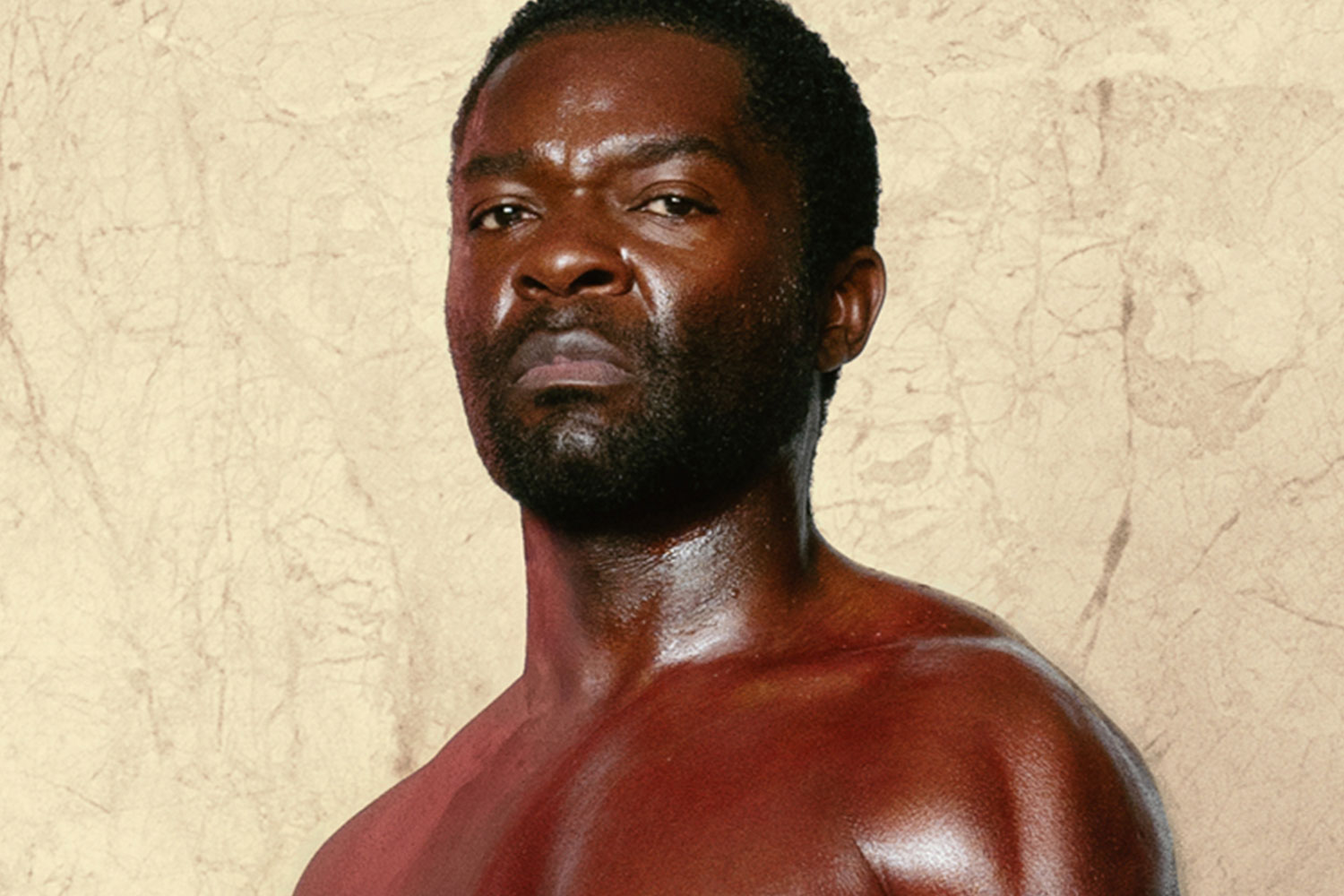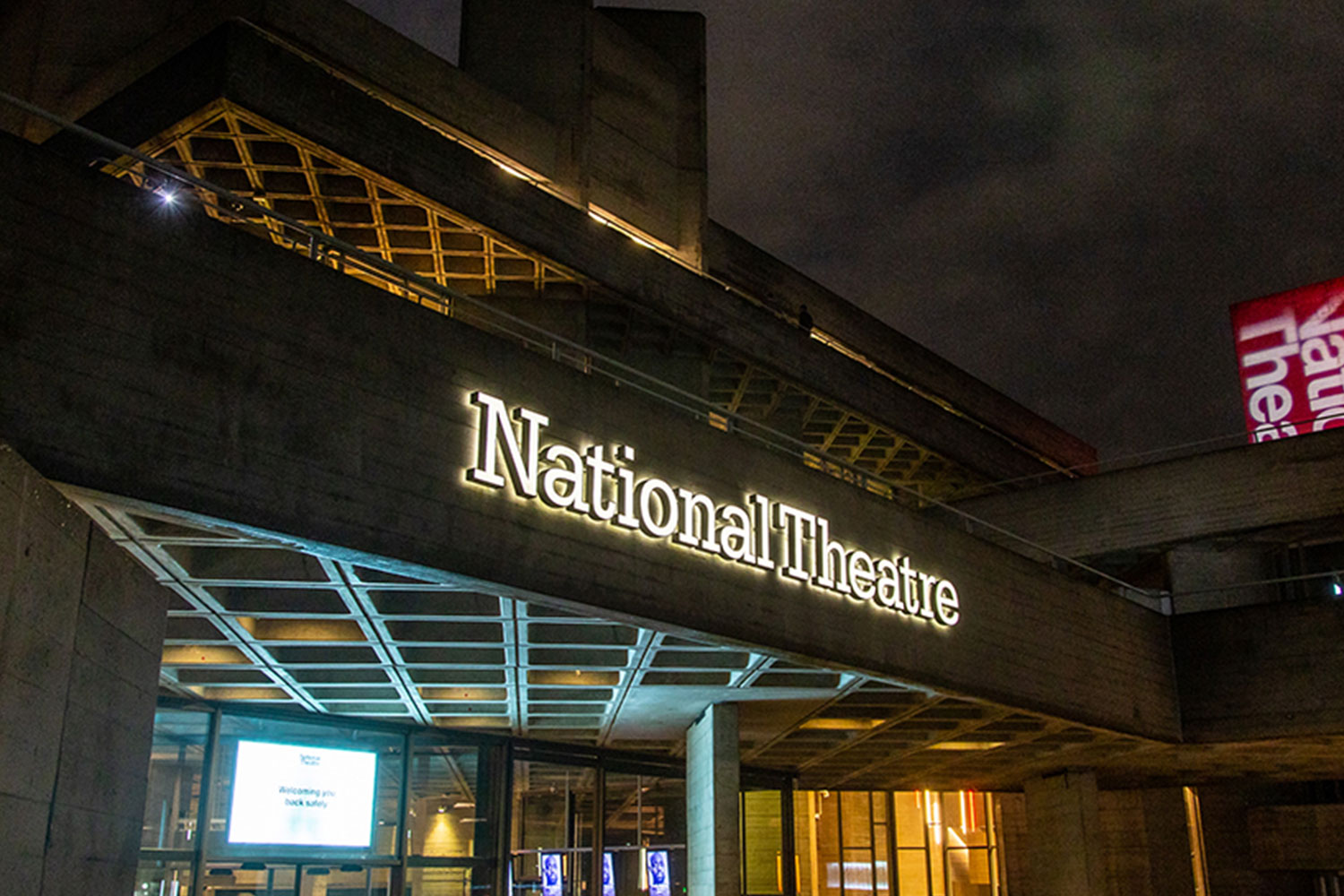Macbeth
Forgoing rustic bleakness for urban grit, Shakespeare’s tale of vaulting ambition has been transported to a 1960’s East End pub in a Neil Sheppeck production which doesn’t stint on intensity right up to last orders. The story of one man’s lust for power, his murderous betrayal of friends and his bloody demise seems tailor-made for a gangland re-interpretation and played at a hurtling pace, the dramatic action shines through, though at the expense of some poetic nuance.
Will Beer’s Macbeth betrays an earthy violence couched in the mind of a man who feels resolutely more wronged against than wrong. In this mould his rule is less a kingly tyranny and more a series of impulsive acts with Beer doing well to foreground worldly paranoia but lacking the metaphysical terror. This is not a Macbeth that needs much convincing to act and Jody Watson’s fantastic Lady Macbeth portrays more a voracious social climber with an evil bent than puppet master to an uxorious husband. A lack of murderous sangfroid is replaced by a skittish anxiety and the sleepwalking scene, her “great perturbation of nature”, is played with both fantastic depths of despair and flights of disorientation that provide an expert evocation of a disturbed mind.
Some elements here though do miss the mark. Delivery of lines can, in the persistent rush, lose clarity and the witches, portrayed as two traveller musicians equipped with a violin and guitar, sing original songs by Arran Glass that fall on the wrong side of twee. Video sequences are smoothly incorporated into the action for the death of Banquo and Lady Macduff, but in themselves, with their mannered camcorder quality, seem worryingly like film student submissions and don’t contrast well with the live acting.
Though admirably relentless and exciting in grasping the play afresh, one just wishes for a bit more light and shade amidst the unrelenting sound and fury.
– Femi Fola




